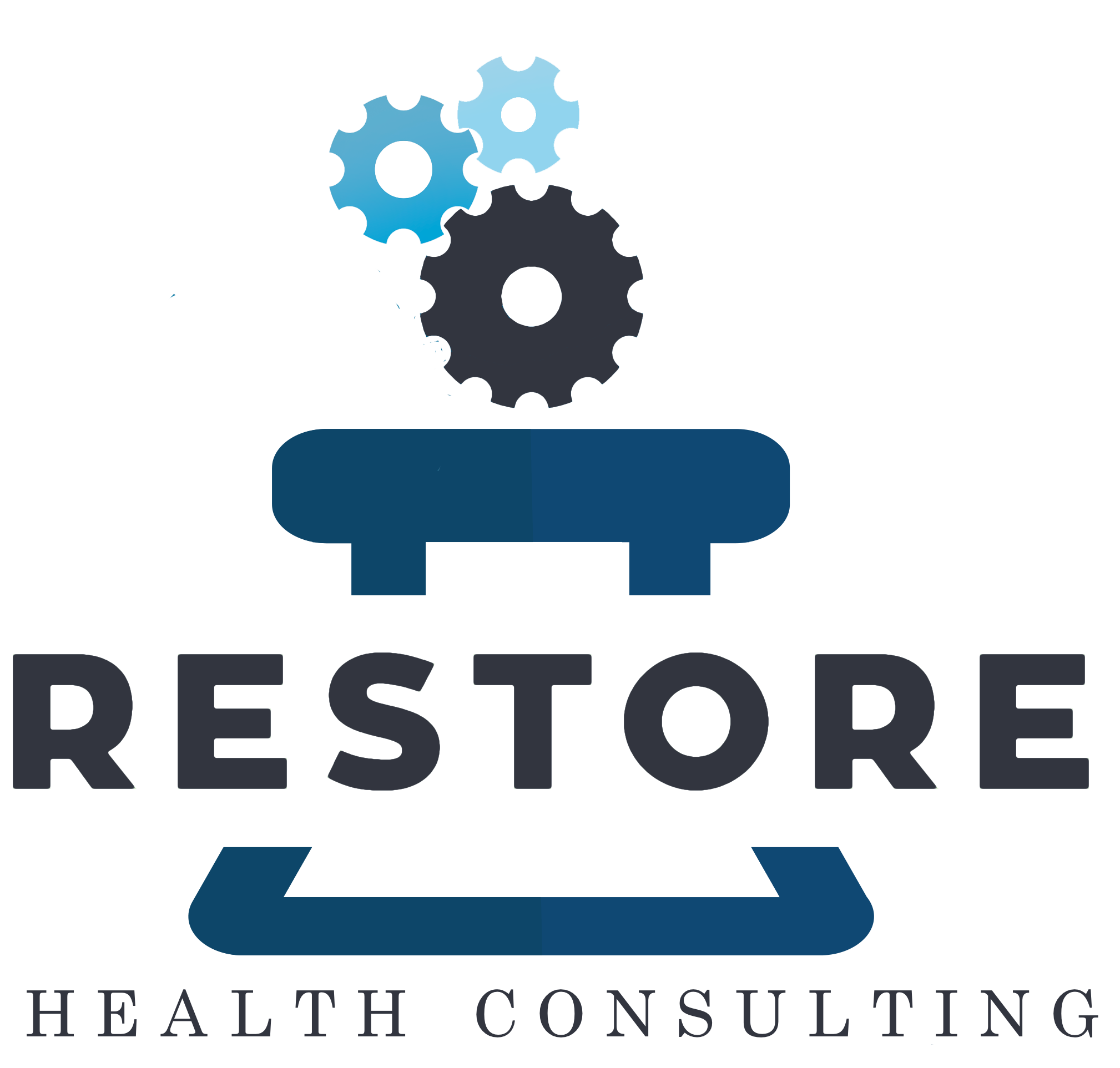Compounders Beware: FDA Alerts Ketamine Nasal Spray Might Put Patients At Risk
Ketamine is a synthetic racemic mixture of R-ketamine and S-ketamine (esketamine). It was first FDA approved in 1970 and is used as an IV sedative and anesthetic for surgical procedures. IV ketamine has also been used for several years for treating severe depression. In this treatment plan, a patient receives periodic injections at a surgical center or specialized medical clinic. Due to the increased level of nursing care, post-administration monitoring and insurance approval prior to administration, IV ketamine can be an expensive and time-consuming treatment choice.
In 2019, the FDA approved Spravato (esketamine) nasal spray as part of a treatment regimen for adults with treatment-resistant depression and major depressive disorder (MDD). Esketamine nasal spray is only available with a prescription and through a restricted Risk Evaluation and Mitigation Strategy program. Its administration requires a two-hour post-administration evaluation, assistance with transportation leaving the physician office and specialized monitoring.
The Rise of Compounded Ketamine for Treatment-Resistant Depression
Since FDA approval of Spravato and throughout the COVID-19 pandemic, the interest and need for an at-home ketamine-based treatment option for major depressive disorder and treatment resistant depression has increased dramatically. The COVID-19 pandemic has made regular appointments for in-office administration of ketamine shots or Spravato nasal spray challenging or nonexistent, especially for high-risk patients or those concerned about viral exposure. Healthcare providers are finding many successful patient outcomes with comprehensive home training and conservative treatment protocols. However, as with all compounded drug treatments, the FDA has not evaluated their safety, effectiveness, or quality. And since compounding pharmacies prepare personalized medications for individual patients, there could be risks with taking the specialized formulations or unique regimens that are not yet known.
Healthcare professionals have been put on alert for potential risks associated with compounded ketamine nasal spray.
On February 16th, the US Food and Drug Administration (FDA) published an alert for healthcare professionals regarding safety reports involving the use of compounded intranasal ketamine nasal spray, which could put patients at risk. In the alert, the FDA says they have “concerns about increased potential risk of adverse events, misuse, and abuse associated with compounded ketamine nasal spray given the apparent different doses, higher frequency of use compared to Spravato (esketamine), and at home administration reported to the FAERS database.”
Case Findings
Experts have identified five cases between 2016 and 2021 where patients had psychiatric events including dissociation, delusion, visual hallucination, panic attacks, and overuse/abuse. The patients in these cases used compounded ketamine nasal spray 3 sprays 3 times a day, to 6 sprays 8 times a day. The amount of medication administered per spray is presently unknown.
FDA states safe and effective dosing of compounded ketamine nasal spray for home use to treat psychiatric indications has not been established. This may place the patient at risk for serious psychiatric adverse events, misuse, and abuse. According to FDA, animal studies have shown an association between racemic ketamine and brain lesions but are unsure about the implications with humans. All healthcare professionals should be aware of the potential risks associated with compounded ketamine nasal spray.
Quality Formulations and Clinical Understanding are Key to Preventing Adverse Events
Pharmacies compounding ketamine must ensure high-quality and consistent uniformity with the formulations they prepare. With the rise of Telehealth and remote dosing of ketamine, pharmacists must also become familiar with conservative at-home dosing protocols to be able to better recognize regimens that may cause problems as noted by the FDA.
Report Adverse Events
For pharmacies that have received a serious adverse drug event complaint in regards to compounded ketamine, report the event or quality problem associated with the use of the preparation to MedWatch Adverse Event Reporting Program. Fill out the online form here. Additionally, each State Board of Pharmacy may have unique adverse event reporting requirements. Be sure to check state regulations for specific reporting requirements. Compounding pharmacies looking to overhaul the patient complaint program can reach out to us to provide training and to update the SOPs and forms.
References:
NIH National Library of Medicine. Ketamine. PubChem. Publication Date Unknown. Accessed online at: https://pubchem.ncbi.nlm.nih.gov/compound/Ketamine.
Andrade C. Ketamine for Depression, 3: Does Chirality Matter? J Clin Psychiatry 2017;78:e674.
Ketalar (1970). "U.S. food and drug administration, center for drug evaluation and research,” in Label and Approval History. Accessed online at: http://www.accessdata.fda.gov/scripts/cder/drugsatfda/index.cfm?fuseaction=Search.Label_ApprovalHistory#apphist
Li L and Vlisides PE. Ketamine: 50 Years of Modulating the Mind. Front Hum Neurosci. 2016;10: 612.
Suleiman ZA, Kolawole IK, and Bolaji BO. Evaluation of the Cardiovascular Stimulation Effects After Induction of Anaesthesia with Ketamine. J West Afr Coll Surg. 2012; 2(1):38-52.
Food and Drug Administration. FDA approves new nasal spray medication for treatment-resistant depression; available only at a certified doctor’s office or clinic. March 05, 2019. Accessed online at: https://www.fda.gov/news-events/press-announcements/fda-approves-new-nasal-spray-medication-treatment-resistant-depression-available-only-certified.Yang C, Shirayama Y, Zhang JC, et al. R-ketamine: a rapid-onset and sustained antidepressant without psychotomimetic side effects. Translational Psychiatry. 2015;5:632.
Browne CA, Lucki I. Antidepressant effects of ketamine: mechanisms underlying fast-acting novel antidepressants. Front Pharmacol. 2013;4:161.
Ketamine. Lexi-Drugs. Lexicomp. Wolters Kluwer Health, Inc. Riverwoods, IL. Available at: http://online.lexi.com Accessed January 14, 2019.
Disclaimer:
The information provided on this website does not, and is not intended to, constitute legal advice; instead, all information, content, and materials available on this site are for general informational purposes only. Information on this website may not constitute the most up-to-date legal or other information. Readers of this website should contact their attorney to obtain advice with respect to any particular legal matter.
